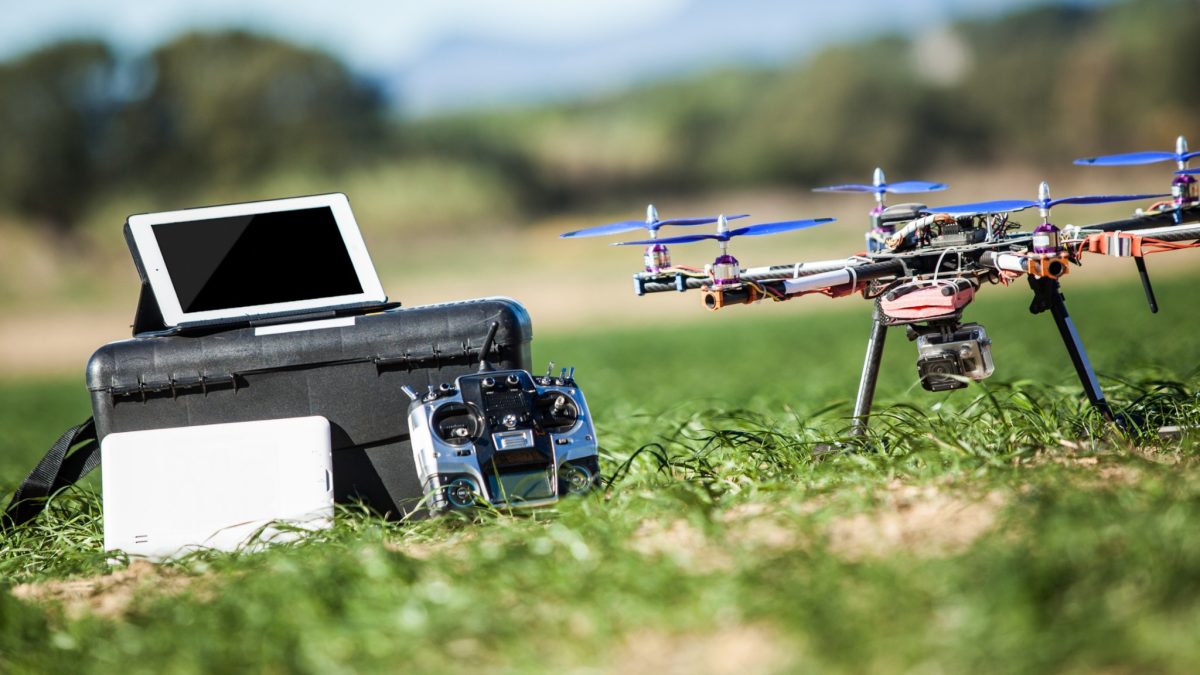In recent years, new technologies have dramatically reshaped the landscape of defense consulting. As military strategies evolve and the nature of warfare changes, defense consultants must stay ahead of emerging technologies to guide governments, military organizations, and private sectors in optimizing their defense strategies.
Among the most significant advancements are drones and cybersecurity solutions, which are changing how defense strategies are formulated and implemented.
Table of Contents
The Role of Drones in Modern Defense Strategies
Drones, or unmanned aerial vehicles (UAVs), have become a cornerstone in modern defense strategies. In the past, drones were primarily used for surveillance and reconnaissance, but today, they are employed in a range of defense applications, including combat operations, logistics, and intelligence gathering.
Defense consultants specializing in defence consulting are critical in helping military organizations adapt to the use of drones. By providing technical expertise and operational insights, consultants ensure that drones are integrated efficiently into defense strategies. Consultants also guide military personnel on how to use drones effectively, from gathering intelligence in conflict zones to providing real-time surveillance of potential threats.
One of the key benefits of drones is their ability to operate in environments that may be too dangerous or inaccessible for human personnel. For example, drones can monitor border areas, provide aerial support in combat, and conduct search-and-rescue missions in disaster-stricken zones. In addition to these applications, drones are also used for logistical support, delivering essential supplies to troops in remote locations.
Drones are also changing how defense consultants approach warfare. With advancements in artificial intelligence and machine learning, drones can now be equipped with autonomous capabilities, enabling them to make decisions based on real-time data. Defence consulting firms help military agencies navigate the complex legal and ethical considerations surrounding the use of autonomous drones, ensuring compliance with international law and minimizing the risk of unintended consequences.

The Importance of Cybersecurity in Defense Consulting
As the world becomes more interconnected, the importance of cybersecurity in defense consulting has grown exponentially. Cybersecurity is no longer just a concern for tech companies or governments—it is now a core part of defense strategies. Cyberattacks are increasingly used as tools of warfare, with adversaries targeting critical infrastructure, defense systems, and government networks. As a result, defense consultants are in high demand to help organizations strengthen their cybersecurity defenses.
Cybersecurity consultants play an essential role in protecting sensitive data and military operations. They assess vulnerabilities in existing systems, identify potential cyber threats, and recommend strategies to enhance security. This may include implementing advanced encryption technologies, monitoring networks for potential intrusions, and training personnel on best practices for safeguarding digital information.
The role of cybersecurity in defence consulting extends beyond just protecting military infrastructure. Consultants are now working with defense agencies to build resilient communication systems, ensuring that military operations can continue seamlessly even in the face of cyberattacks. These efforts involve the integration of secure, redundant communication channels, as well as robust incident response plans to minimize the impact of any security breach.
In addition, defense consultants are guiding the adoption of technologies such as blockchain and artificial intelligence to enhance cybersecurity measures. Blockchain technology, for instance, can be used to create secure, tamper-proof records of military transactions, while AI can help detect and prevent cyberattacks by analyzing vast amounts of data in real-time.
The Synergy Between Drones and Cybersecurity
While drones and cybersecurity may seem like separate technologies, they are becoming increasingly intertwined in modern defense strategies. As drones become more sophisticated, they also become more vulnerable to cyberattacks. Hackers can potentially interfere with drone operations, gaining control over UAVs or disrupting communications between drones and military commanders.
Defence consulting firms are working to address this vulnerability by developing advanced cybersecurity protocols specifically designed to protect drone fleets. This includes securing drone communications, preventing unauthorized access, and implementing encryption methods to ensure that sensitive data collected by drones remains protected.
Moreover, as drones generate vast amounts of data, cybersecurity experts are essential in ensuring that this information is stored securely and transmitted without interference. Consultants are helping to create robust data management systems that support the efficient use of drone data while also safeguarding it from cyber threats.
The Future of Defence Consulting with Emerging Technologies
As drones and cybersecurity continue to evolve, so too will the role of defence consulting. The growing use of drones in defense operations presents new challenges, such as managing fleets of UAVs and ensuring their integration with other military systems. Consultants will continue to provide essential guidance in helping defense agencies adopt these technologies and stay ahead of emerging threats.
At the same time, cybersecurity will remain a top priority for defense consultants, particularly as cyber threats become more sophisticated. The rapid pace of technological advancement means that defense consultants must constantly adapt to the changing threat landscape, ensuring that military organizations are prepared to face new challenges head-on.

